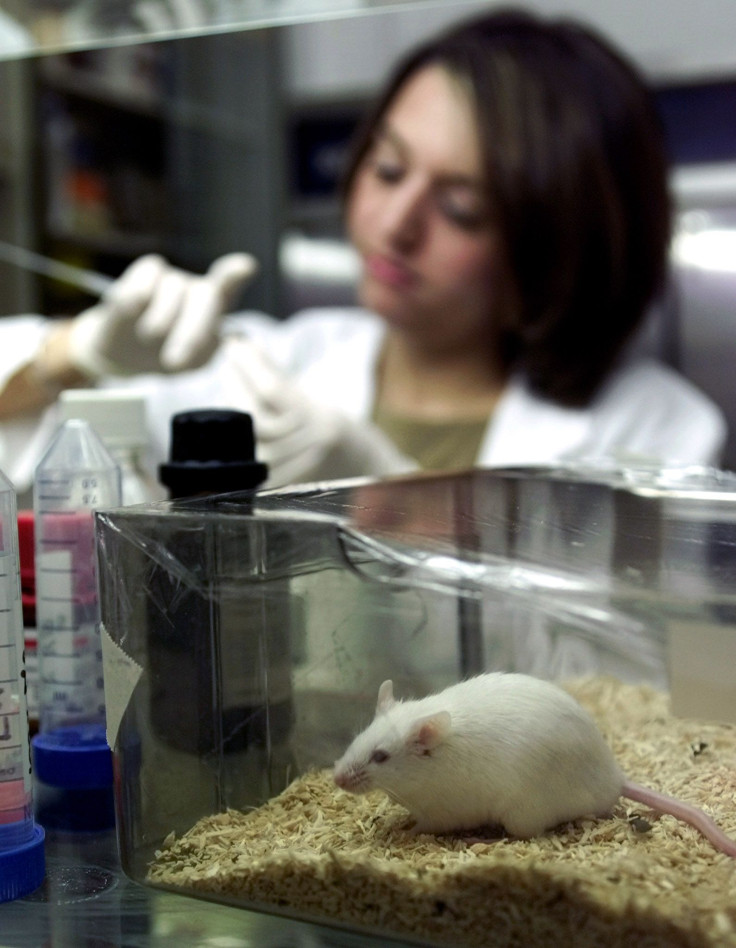Traits From Mother Could Be Passed To The Offspring Through Bacterial DNA

Bacteria that lives in the body could pass traits through their DNA to the offspring, just like the mother passing traits to the child, says a study published in Nature. Bacteria are well known for their pathogenic and beneficial roles, but their part in passing traits from mother to the offspring is unique and unknown by far.
Commensal bacteria are the bacteria that dwell in the body but don’t cause any infection to the host. Influence of commensal in weight and behaviour of a person are thought to be obtained from bacteria that a person acquires during his lifetime. But a recent study has shown that bacterial DNA could pass from the parent to the offspring and render the traits that influence immunity and inflammation.
In studies on inflammatory bowel diseases in mice, such as Crohn's disease and ulcerative colitis, about half the population of the mice were found to carry low levels of IgA antibody, responsible for the disease, observed Thaddeus Stappenbeck, a professor of pathology and immunology, and co-senior author Herbert W. Virgin, the Edward Mallinckrodt Professor of Pathology and head of the Department of Pathology and Immunology. IgA antibodies are responsible for the defensive action against harmful bacteria, which are present in the mucus of the eyes, throat, nose and gut.
The mice with low level antibodies, when housed with their counterparts that had high levels of IgA, ended up with low-level antibodies. When a mouse with low levels of antibodies was bred, the offspring were also found to have deficient antibodies.
In an effort to test the result, the researchers fed a mouse with a chemical that causes gut injury and bred the mouse. Mice that carried inherited bacteria were injured when exposed to chemicals, whereas the mice that carried different bacteria were found less susceptible to such injuries. Such traits were found to have passed from the female mouse to offspring, making them vulnerable to injury by chemicals.
The effects of inherited bacteria and genes in mouse show that there is a possibility of bacterial genes implicating the traits we are trying to know about, said Stappenbeck.
To report problems or to leave feedback about this article, e-mail: saranya@ibtimes.com.au






